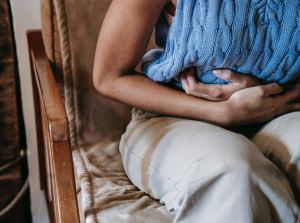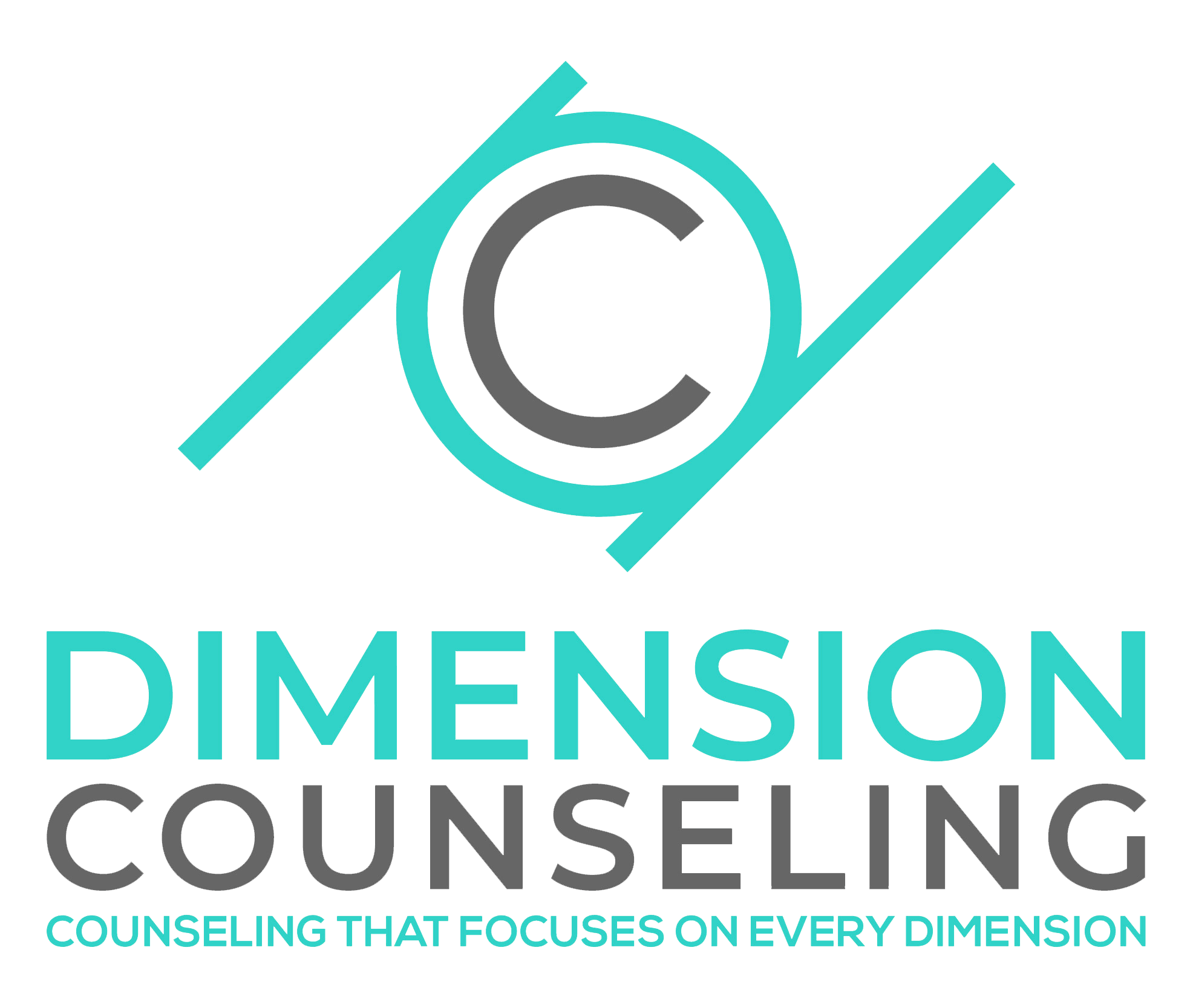
Most of us have probably experienced that sensation: our stomach feels like it is slowly being filled with air from a bike pump. We don’t know if something is going to come up or go the other way. And after a certain point we don’t even care; we just want the discomfort to STOP!
This is bloat and many people experience the swollen feeling, typically right after they eat. Bloat is usually caused by excess gas buildup and can cause pain, discomfort and that familiar “stuffed” feeling. It can also make your stomach appear bigger.
How to Prevent Bloat
If you’re tired of the discomfort and your pants getting tighter after a meal, here are some ways to avoid it:
Don’t Overeat
Sometimes people think they are experiencing bloat when really, they have just eaten too much in one sitting. Try eating smaller portions and see if this sensation goes away.
Chew Your Food Better
Was your mother always telling you to chew your food? She was right. When we don’t chew our food properly, it causes us to swallow more air, which is one cause of bloating. As an added bonus, chewing also helps you to eat slower, allowing the signal to be sent from your stomach to the brain that says, “I’ve had enough, you can stop eating now.”
Rule Out Food Allergies
A lot of people have food allergies and food intolerances. When you eat foods that don’t agree with you, the result is excess gas production and bloating.
Some of the most common foods that people have allergies or sensitivities to are:
- Lactose:
- Fructose:
- Eggs
- Wheat and gluten
If you strongly suspect that you have a food allergy or intolerance, see a doctor.
Avoid Carbonated Beverages
There are two sources of gas in the digestive system. One is produced by bacteria in the gut, and the other is gas or air that is swallowed when you eat or drink. Obviously the biggest culprit is drinking carbonated beverages with a meal.
These are some of the simplest but most effective ways that you can prevent bloat and the pain and discomfort that goes with it. If you try these and still have trouble, you may want to speak with your doctor to rule out any underlying health issues such as an ulcer, etc.
SOURCES:

Ola Smith, LMFT
(317) 376-8669 | olacounseling@gmail.com